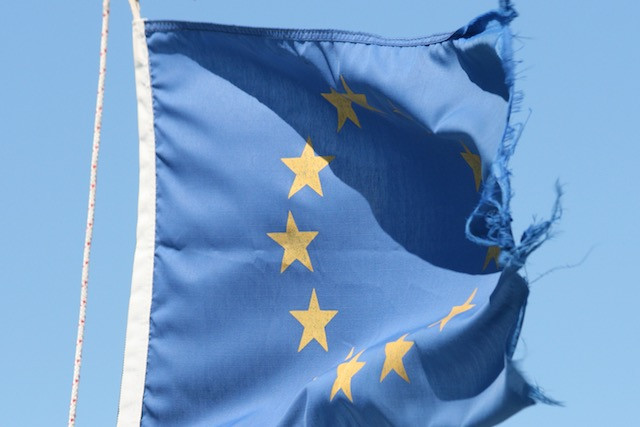The four freedoms--free circulation of goods, services, capital and people--should almost naturally lead to political integration to avoid any future lethal conflicts between nation-states in Europe.
This optimistic view neglects “the political trilemma of the world economy” (see Dani Rodrik): integrated national economies can only function either with a supra-national democracy and fading nation-states or with strong nation-states and a fading democracy! So, during all these years it should have been quite clear that some national sovereignty would have to be abandoned if European integration was to deepen and if, of course, democracy was to be kept as a fundamental European value.
Then, the introduction of the euro confronted the European Union with a second trilemma, known since the sixties: the monetary trilemma or “impossible trinity” (see Robert A. Mundell or this Economist article): you cannot have a common currency, capital mobility and national monetary policies. Again, there was no other choice than to replace national monetary policies by a supra-national policy led by the European Central Bank for the euro area but not for individual nation-states.
Finally, since the financial and sovereign debt crises, Europe has been and still is facing the financial trilemma (see Dirk Schoenmaker or Paul R. Krugman et. al.): if we have capital mobility and economic, hence financial, integration, national macroprudential policies will be insufficient to limit financial crises. As for the monetary trilemma, national policies have to be replaced by supra-national policies.
Now we might get a better understanding of current problems in the EU: a deeper economic integration needs political integration (less important nation-states, better supra-national democratic, economic and political institutions) if we want to maintain democracy, monetary (a common currency) and financial (reduced systemic risks in the financial sector) stability.
Economic integration has been pushed since 1957 without considering these trilemmas or with a naïve view that the two objectives of economic and political integration would always go hand in hand: nation-states would be ready to abandon more and more of their national sovereignties to deepen economic integration and maintain democracy by creating a supra-national monetary (and fiscal?) policy that would be accepted to guarantee the success of the euro and a supra-national financial policy that would also be accepted to limit the risk of another financial crisis in Europe.
Brexit and the position of some Eastern European countries show us that the idea of nation-states is definitely not dead, and that economic integration does not necessarily mean political integration!
A similar conclusion can be drawn from the rise of populism in Europe: the idea of maintaining nation-states and the impression of a lack of democratic decision taking by European “elites” suggest that nation-states and democracy may be considered as more important than economic integration.
On the other hand, Brexit and the situation in Catalonia show us that those social groups that want less integration have difficulties, too, to understand the three trilemmas: how can we come back, in the present context of an integrated world economy, to a world dominated by nation-states or “nation-regions” and democracy and what are the corresponding costs?
Carlo Klein teaches economics and social sciences at the Lycée Hubert Clément in Esch-Alzette and international economics at Miami University in Differdange.
